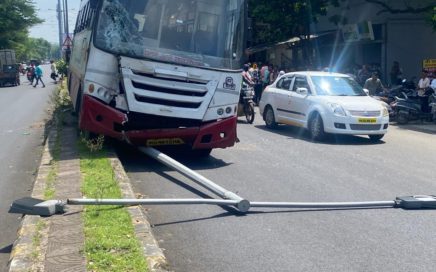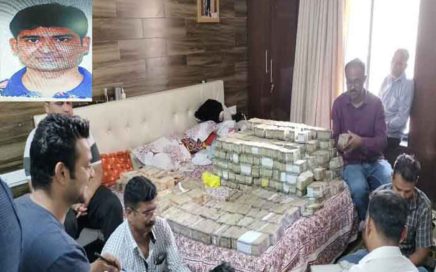 Mumbai/Nagpur: Following an appeal from People for the Ethical Treatment of Animals (PETA) India, the Maharashtra Commissionerate of Animal Husbandry has issued a circular instructing the deputy animal husbandry commissioners and member secretaries of the Society for the Prevention of Cruelty to Animals in all districts to ensure compliance with the group’s request to prohibit the sale, production, and use of glue traps to catch rodents. The circular cites an advisory by the Animal Welfare Board of India (AWBI) against these sticky boards and emphasizes that their use violates Section 11 of The Prevention of Cruelty to Animals Act, 1960. The circular also highlights the indiscriminate nature of glue traps, drawing attention to the suffering endured by non-target species like birds, squirrels, reptiles, and frogs, who also get caught in them.
Mumbai/Nagpur: Following an appeal from People for the Ethical Treatment of Animals (PETA) India, the Maharashtra Commissionerate of Animal Husbandry has issued a circular instructing the deputy animal husbandry commissioners and member secretaries of the Society for the Prevention of Cruelty to Animals in all districts to ensure compliance with the group’s request to prohibit the sale, production, and use of glue traps to catch rodents. The circular cites an advisory by the Animal Welfare Board of India (AWBI) against these sticky boards and emphasizes that their use violates Section 11 of The Prevention of Cruelty to Animals Act, 1960. The circular also highlights the indiscriminate nature of glue traps, drawing attention to the suffering endured by non-target species like birds, squirrels, reptiles, and frogs, who also get caught in them.
In its appeal, PETA India requested that Maharashtra take immediate steps to implement the AWBI’s directions against cruel and illegal glue traps. Similar circulars taking action on glue traps have been issued by the governments of Andhra Pradesh, Arunachal Pradesh, Chhattisgarh, Delhi, Goa, Himachal Pradesh, Jammu and Kashmir, Karnataka, Ladakh, Lakshadweep, Madhya Pradesh, Manipur, Meghalaya, Mizoram, Sikkim, Tamil Nadu, Telangana, Uttarakhand, and West Bengal.
“PETA India applauds the Maharashtra government for taking this step to spare countless animals, no matter how small, from hideously slow and painful deaths,” says PETA India Advocacy Officer Farhat Ul Ain. “Glue traps are ineffective in the long term since they don’t address the root of the problem. Simply put, more rats and mice move in to fill the void traps create, as their breeding is prompted by a brief increase in the food supply. The result is a vicious killing cycle in which many animals suffer and die.”
Usually made of plastic trays or sheets of cardboard covered with strong glue, these traps are indiscriminate killers that frequently ensnare non-target animals. This makes their use a violation of the Wild Life (Protection) Act, 1972, which prohibits the “hunting” of protected indigenous species. Mice, rats, and other animals caught in these traps may suffocate when their noses and mouths become stuck in the glue, while some even chew through their legs in a desperate bid for freedom and die from blood loss. Others starve to death, stuck to the board for days. Those found alive may be thrown away along with the trap or face an even more traumatic death, such as bludgeoning or drowning.
PETA India notes that the best way to control rodent populations is to make the area unattractive or inaccessible to them: eliminate food sources by keeping surfaces and floors clean, store food in chew-proof containers, seal trash cans, and use ammonia-soaked cotton balls or rags to drive rodents away (they dislike the smell). After giving them a few days to leave, seal entry points using foam sealant, steel wool, hardware cloth, or metal flashing. Rodents can also be removed using humane cage traps but must be released where they will find adequate food, water, and shelter to help them survive.
PETA India – whose motto reads, in part, that “animals are not ours to abuse in any way” – opposes speciesism, a human-supremacist worldview. For more information, please visit PETAIndia.com or follow the group on X (formerly Twitter), Facebook, or Instagram.














